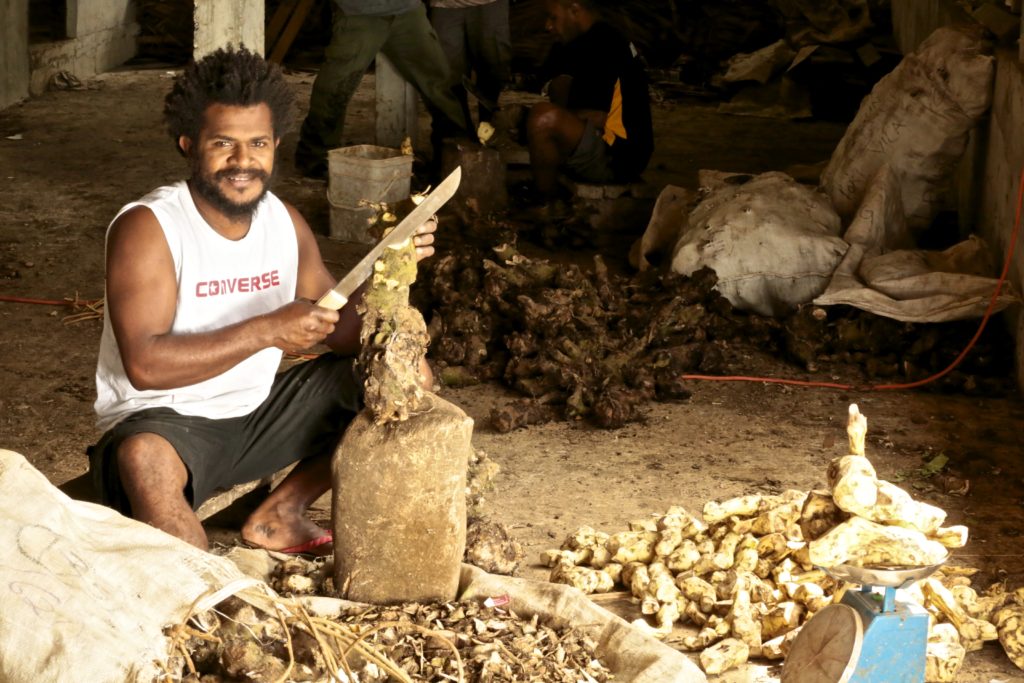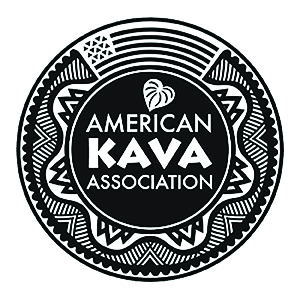The American Kava Association helps its members adhere to applicable FDA laws by directing our members to certified partner labs who will perform stringent lab tests and issue certificates of analysis on materials before they are bought and sold to consumers as foods, beverages, or dietary supplements.
It is required by FDA law that all kava that is intended to be sold as a food or dietary supplement, be analytically tested and issued a certificate of analysis by a qualified lab PRIOR to it being sold on the open market to consumers. Failure to follow FDA law results in severe consequences for companies and consumers! All AKA certified kava growers, distributors, and vendors, are registered with the FDA and provide COA’s on their materials in order to protect the kava industry as well as their customers from poor quality, contaminated kava.
Learn the difference between Ebay vendors and the surge of new Kava companies that are springing up everywhere versus trusted AKA certified vendors. Here is a typical kava processing facility in Port Villa, Vanuatu:

Kava has been around for 3,000 years, why do I have to test my material NOW?
Kava was originally removed from the US market by the FDA, and made illegal in several countries due to a lack of quality controls. Without analytical testing, it is impossible to determine the safety or quality of the material. Without testing the safety or quality of the material, it is impossible to ensure safe distribution.
The AKA is dedicated to bringing farmers and vendors into FDA compliance to ensure that kava will have longevity in the US marketplace for generations to come. Without proper quality controls, it is a certainty that kava will again return to the spotlight as a misunderstood herb, which will lead to strict regulations or bans.
It’s too expensive for a small business to perform tests on EVERY Kava product
AKA certified distributors use their buying and selling power to certify large batches of material at a minimal increase to the per-kilogram cost to you. It is worth it to buy from certified vendors who provide this sort of service to their customers, not just to comply with federal regulations, but to ensure the safety and good health of your customers.
How do we test and why?
Digital Photo Microscopy (DPM) is a critical step in determining identity and adulteration.
When sourcing new botanical or plant extracts, DPM, in combination with other organoleptic techniques, can easily help to determine which sources are consistent and also provide insight into the overall quality of the product supplied.
HPTLC helps to identify a material based upon its chemical composition.
HPTLC goes a step further than microscopy and identifies the material based upon chemical markers. Materials are compared with verified reference samples to determine the identity of plant and chemical materials.
HPLC is used to determine the potency and chemotype of the Kava
HPLC is used to quantify the individual kavalactones (potency) and provide vendors with the chemotype of the kava that they are selling.
Heavy Metals testing is of utmost importance for below ground plant products.
Heavy metals like lead, arsenic, mercury, and cadmium can wreak havoc on the body and brain. It is especially important to test below ground botanical materials such as roots and rhizomes, as soil absorbs many heavy metals and easily transfers them to the botanical materials.
Microbiological testing keeps consumers healthy!
It is especially important to test for contaminants such as yeast, mold, coliform, staph, and salmonella. In many tropical locations, it is difficult to properly dry materials, especially during the “wet” season. As such, many materials, if improperly dried and packaged, will mold or be exposed to other contaminants such as E. Coli (Fecal matter) during the outdoor drying process.
Full COA
A full COA combines all of the above FDA required testing. It is an exhaustive Four-page report that will show the results of all of the above tests. This is required by the FDA for any company who wishes to sell kava as a dietary supplement. It is highly recommended that companies spend the extra few dollars per kilogram to test their materials before selling them to the public.
